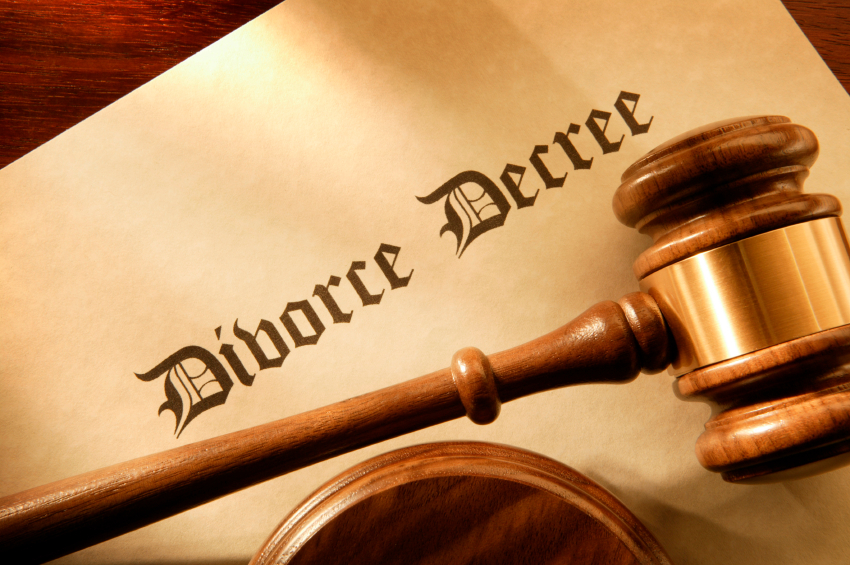
In a Florida divorce the term for dividing up the assets and liabilities of a marriage during a divorce is called “equitable distribution”. The assets and liabilities of the marriage must first be identified, then classified as marital or nonmarital, and then a valuation of the marital assets must be completed. Only then can everything be equally distributed.
Family law judges have a lot of discretion to divide the marital assets and liabilities. This includes interpreting the intentions of the parties by analyzing their actions leading up to a divorce or over the course of the marriage. If it seems that one party was attempting to hide an asset or accrued liabilities in both parties’ names without one of the parties knowing, that will usually have a detrimental effect on the party engaging in such activity. The Court is also free to select the valuation method for assets to make its determination. A judge n a family law case must use competent substantial evidence when making its determination for equitable distribution.
 Jacksonville Divorce Lawyer Blog
Jacksonville Divorce Lawyer Blog






 A poll conducted by GFK Roper on behalf of the divorce information website Divorce360.com has found that both men and women turn to family and friends first as a source of support while going through a
A poll conducted by GFK Roper on behalf of the divorce information website Divorce360.com has found that both men and women turn to family and friends first as a source of support while going through a 

